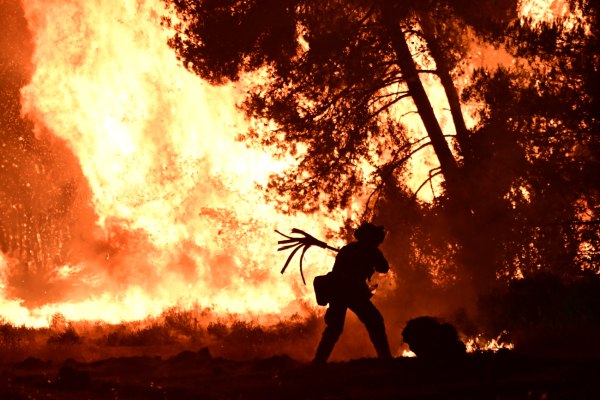The most important objective when a wildfire breaks out, naturally, is saving human lives.
There are disasters, however, that are also measured differently, and when the time to pay the piper comes the accounting is equally sad.
Forests are a part of our global inheritance, which passes from generation to generation.
Greece’s losses were once again disheartening and indicative of the repercussions of climate change on the Mediterranean region.
The forest of Dadia (photo) in the Evros region, northeastern Greece, a true treasure of biodiversity, not only for Greece, but for the entire Balkan peninsula, is being consumed by wildfires for days.
The forest of Penteli, which has repeatedly been destroyed by wildfires over the last two decades, has once again been greatly harmed.
Invaluable forestlands on the island of Lesvos, in Northern Evia, and in many other regions around the country are on the long list of forests destroyed by wildfires.
The state has a duty to make its presence felt when the current fires have been extinguished, so that no one can exploit the prospective construction opportunities that such a disaster might offer.
The state must immediately declare the mandatory reforestation of the tracts of land that burned so that they may once again become green.
This is necessary not only in order to avert opposition criticism, but because there is no other way.
It is the only way to protect and keep alive greenbelts, and for us to gain some time.
It is also necessary in order for us to once again ponder the importance of environmental protection and to act accordingly from now on.


























